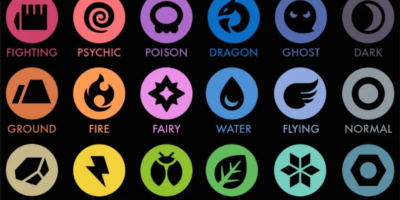The WAT PD-Engineering steering committee hit another milestone this week with the selection of a development team- and a new name. Students were elated to hear that world-renowned director, and new technology enthusiast, James Cameron’s bid had unanimously been selected to develop the new course. While Cameron may be best known for directing such blockbuster hits as Avatar, Titanic, and the original Terminator trilogy, his other more practical, real-world works are often overshadowed.
Cameron’s plan for the new program will include an entire revamp of how the courses work, including the assignment structure, delivery method, as well as the marking structure. Assignments will no longer be the written submissions that students are familiar with, but will instead be replaced by a series of “simulations” where students will need to respond appropriately to different situations. Based on how a student responds to these situations, a corresponding mark will be assigned. While this may seem similar to the currently PD-Eng offerings, the actual situations, marking structure and delivery are quite different.
First off, students will be fitted in a fully-body, mind altering simulation suits that will psychologically transport them into different work places each week where they will undergo the various situations. A series of “brain-cables” will artificially put thoughts and feelings into students’ minds and make them forget their real lives. This improvement will ensure that all students are actually exposed to the same situations and are on equal footing when completing assignments- something that students have long complained about.
While some situations will parallel typical workplace situations, like gossiping about a co-worker or evaluating the creditability of various references, others will challenge students even further to be able to think on their feet and make difficult decisions. The preliminary summative situation for the new PD-15 will put students into the place of an engineering co-op student working on the Manhattan Project- the project that ultimately developed the atomic bomb that led to the death of tens of thousands of Japanese civilians. Students will be faced with the complex issue of whether to continue participating in the project or resign, which would face them a life-time of imprisonment and ridicule. This situation hopes to teach students about the need for ethics in the workplace.
Similarly, an assignment for the new 3D-45 course offering will require groups of five students to work collaboratively as a team. They will need to join forces together to develop a strategy to save their families and employers form a building with a bomb that is about to go off. The one caveat? There’s only enough time to save either the employer or their family. Students will need to work together otherwise none of them will be able to survive the explosion.
While real-world issues like this may seem like a complex issue that cannot be evaluated based on a simple marking scheme, quite the opposite is actually true. As any co-op student will be able to tell you from the CECS Co-op Manual, and presentations within the classroom, the employer is always right and is your job is always your first priority.
So, when evaluating the Manhattan Project situation mentioned previously, any student who continues to work on their project without questioning its ethics will receive a “competent” rating and will have the simulation end. This is based on the CECS ideal that “you choose to apply for the job and didn’t sign off so there’s no way of getting out of it now sucka!” Any student who questions the ethical issues or quit their job, will be faced with a life-time of simulated imprisonment, and will have to repeat the course. Since the simulations will operate in real-time, students will be psychologically trapped inside until their real-world death from starvation. This will help ensure students fully understand the consequences of their actions. While this may seem harsh, the faculty is hoping to use it as an enrolment control method, enabling class sizes to be kept at a reasonable level.
While the first offering of the new WAT-3D courses won’t be available until Winter 2011, many students are eagerly anticipating their arrival in order to help develop themselves into the sort of professional individuals that industry is expecting.




Leave a Reply